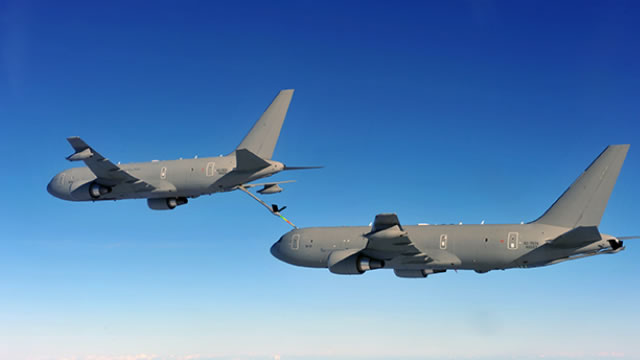China’s Latest Move in the US-China Trade War: Suspension of Boeing Aircraft Deliveries and Purchases
In an escalating response to the ongoing trade war between the United States and China, Beijing has reportedly instructed its airlines to halt all further deliveries of Boeing aircraft and cease purchases of aircraft-related equipment and parts from American suppliers, according to sources familiar with the matter, as reported by Bloomberg.
Background of the US-China Trade War
The US-China trade war began in July 2018 when the United States imposed tariffs on a range of Chinese imports, citing intellectual property theft and unfair trade practices. China retaliated with tariffs on American goods. Since then, both countries have imposed multiple rounds of tariffs, with the total value of goods affected exceeding $500 billion.
Impact of the Suspension on Boeing
Boeing, the largest American aerospace company, stands to lose significantly from this latest development. The Chicago-based company is the world’s largest manufacturer of commercial jetliners and provides a significant portion of its revenue from sales to Chinese airlines. According to Boeing’s 2019 annual report, sales to China accounted for 21% of its total revenue in 2019. The suspension of deliveries and purchases will not only halt new sales but also impact Boeing’s after-sales service business, which relies on the sale of spare parts and maintenance services.
Impact on the Global Aviation Industry
The suspension of Boeing aircraft deliveries and purchases from US suppliers will not only impact Boeing but also the broader global aviation industry. The decision is expected to result in a ripple effect on the supply chain, with potential disruptions to the production and delivery of aircraft and aircraft components. The impact is likely to be felt most acutely by Boeing’s European competitors, Airbus, which also relies on Chinese sales and has a significant presence in the Chinese market. The suspension could also lead to increased competition from Chinese aircraft manufacturers, such as Commercial Aircraft Corporation of China (COMAC), which is developing its own single-aisle and wide-body aircraft.
Impact on Consumers
The suspension of Boeing aircraft deliveries and purchases from US suppliers could lead to higher prices for airline tickets due to reduced competition and increased costs for airlines. The impact is likely to be felt most acutely on long-haul routes, where Boeing and Airbus dominate the market. However, it is important to note that the full extent of the impact on consumers is still uncertain and will depend on how airlines choose to respond to the situation.
Conclusion
The suspension of Boeing aircraft deliveries and purchases from US suppliers is a significant development in the ongoing US-China trade war. The impact on Boeing is clear, but the broader implications for the global aviation industry and consumers are still uncertain. The situation underscores the interconnectedness of global supply chains and the potential for trade disputes to have far-reaching consequences. As the situation develops, it is important for stakeholders, including airlines, suppliers, and consumers, to stay informed and adapt to the changing landscape.
- Boeing stands to lose significantly from the suspension of deliveries and purchases from Chinese airlines and US suppliers.
- The suspension could result in disruptions to the global aviation supply chain and increased competition from Chinese aircraft manufacturers.
- The impact on consumers is uncertain, but higher prices for airline tickets are a possibility.
- The situation underscores the interconnectedness of global supply chains and the potential for trade disputes to have far-reaching consequences.





